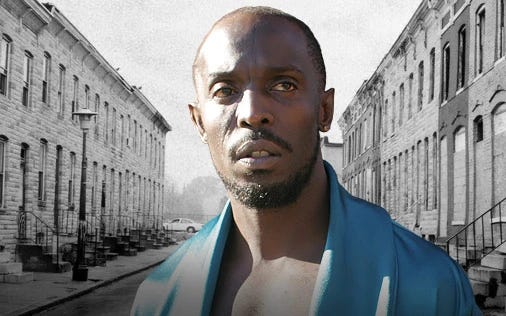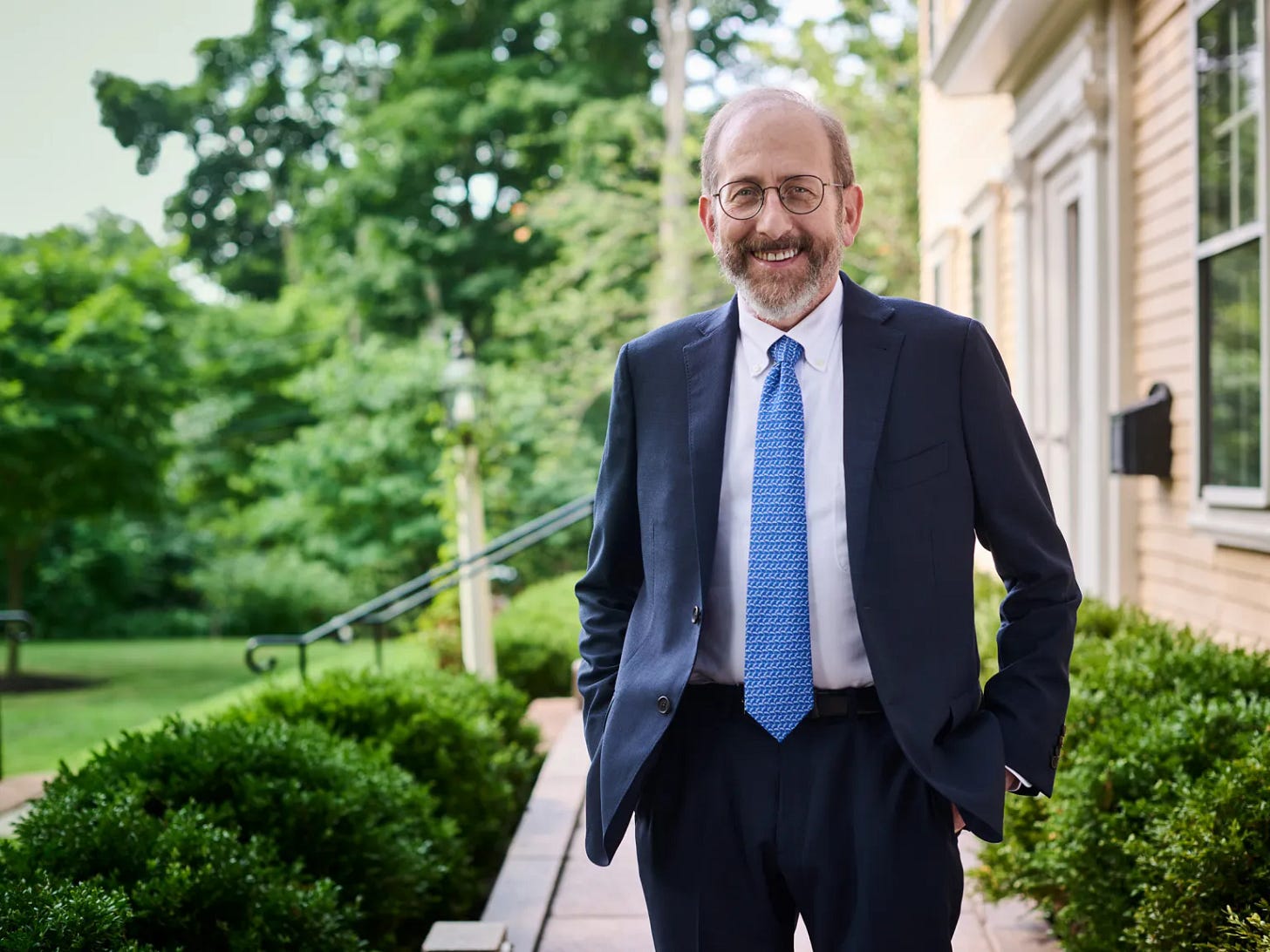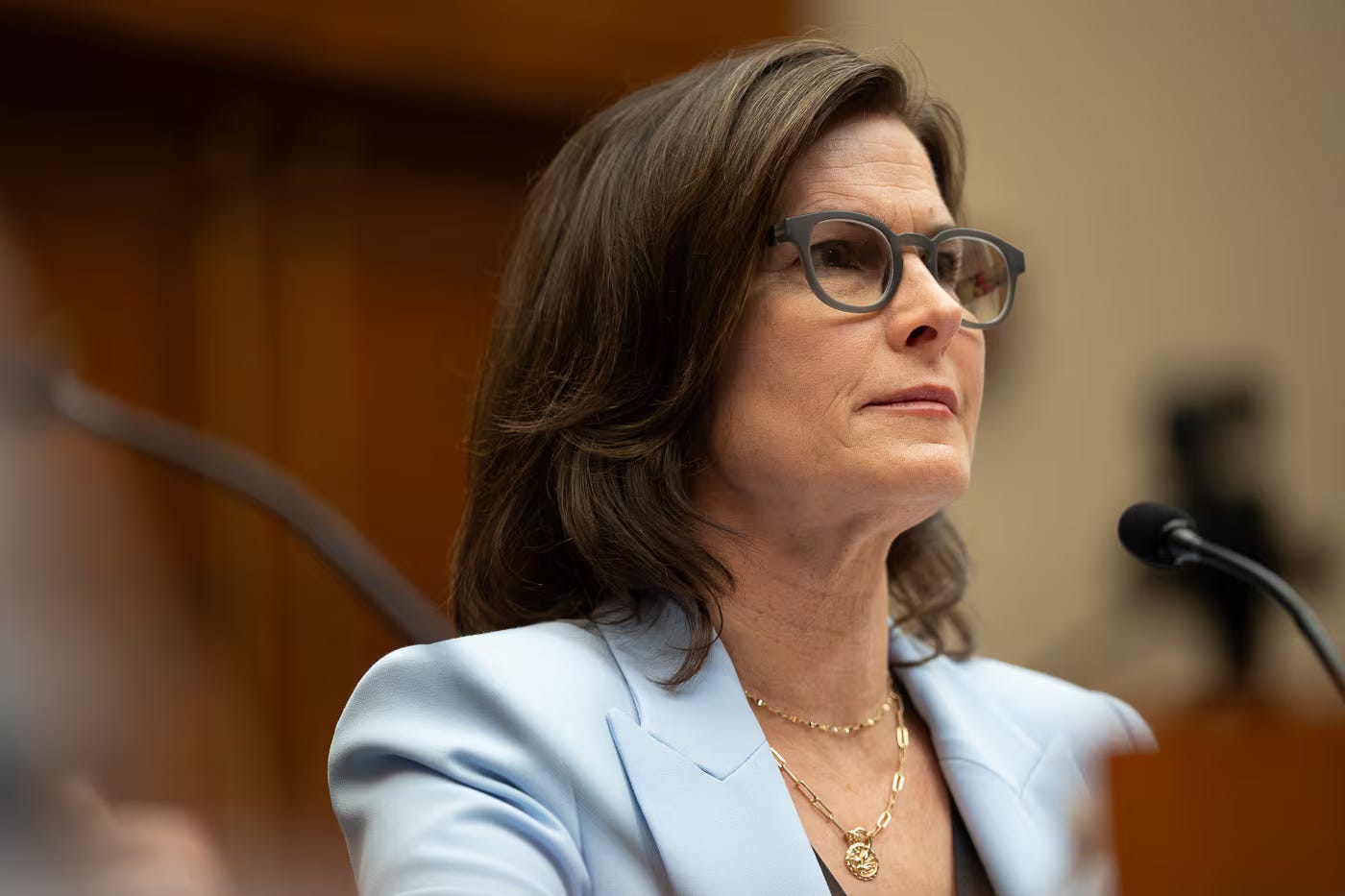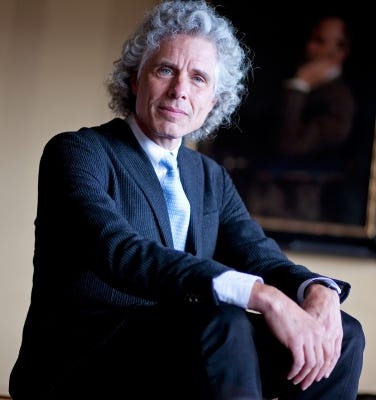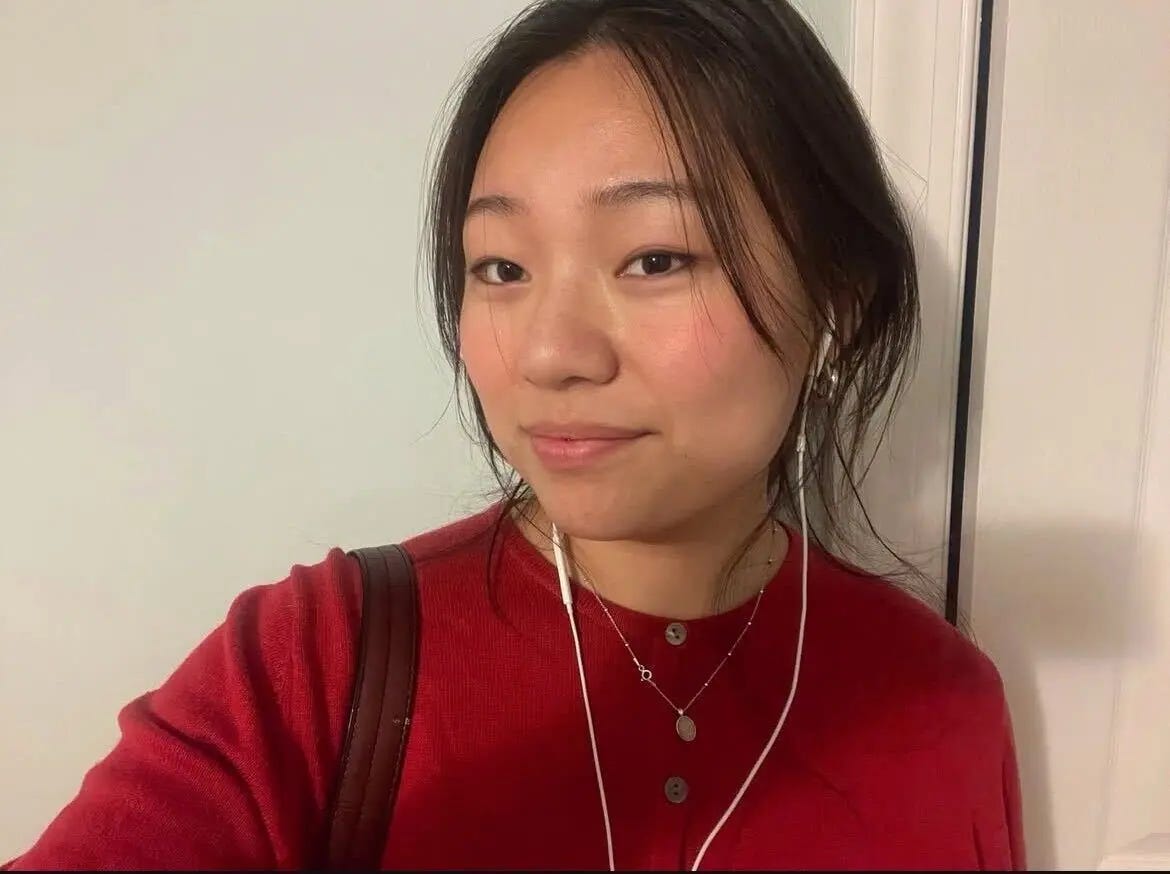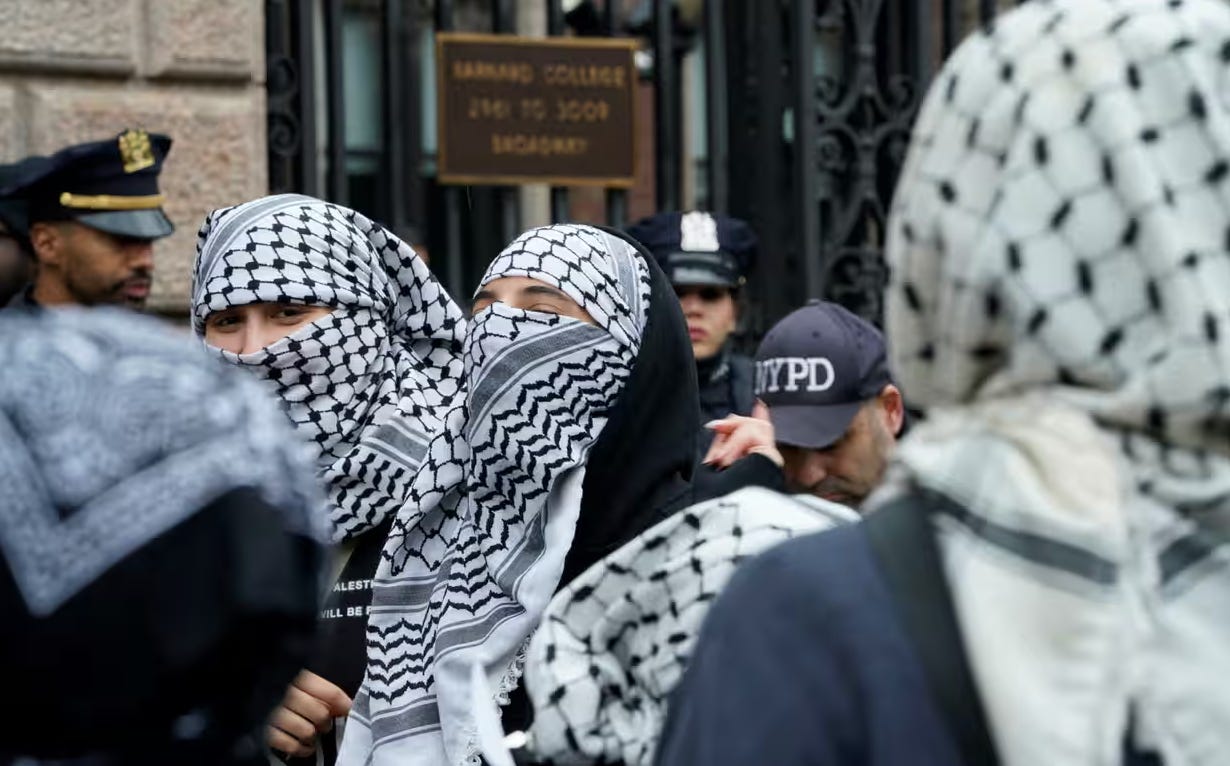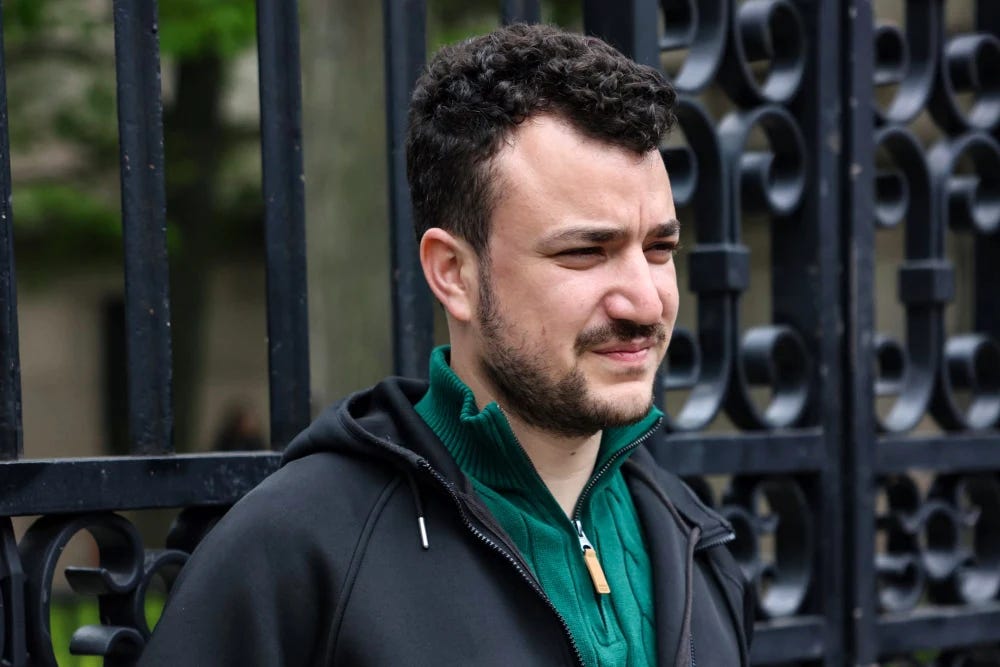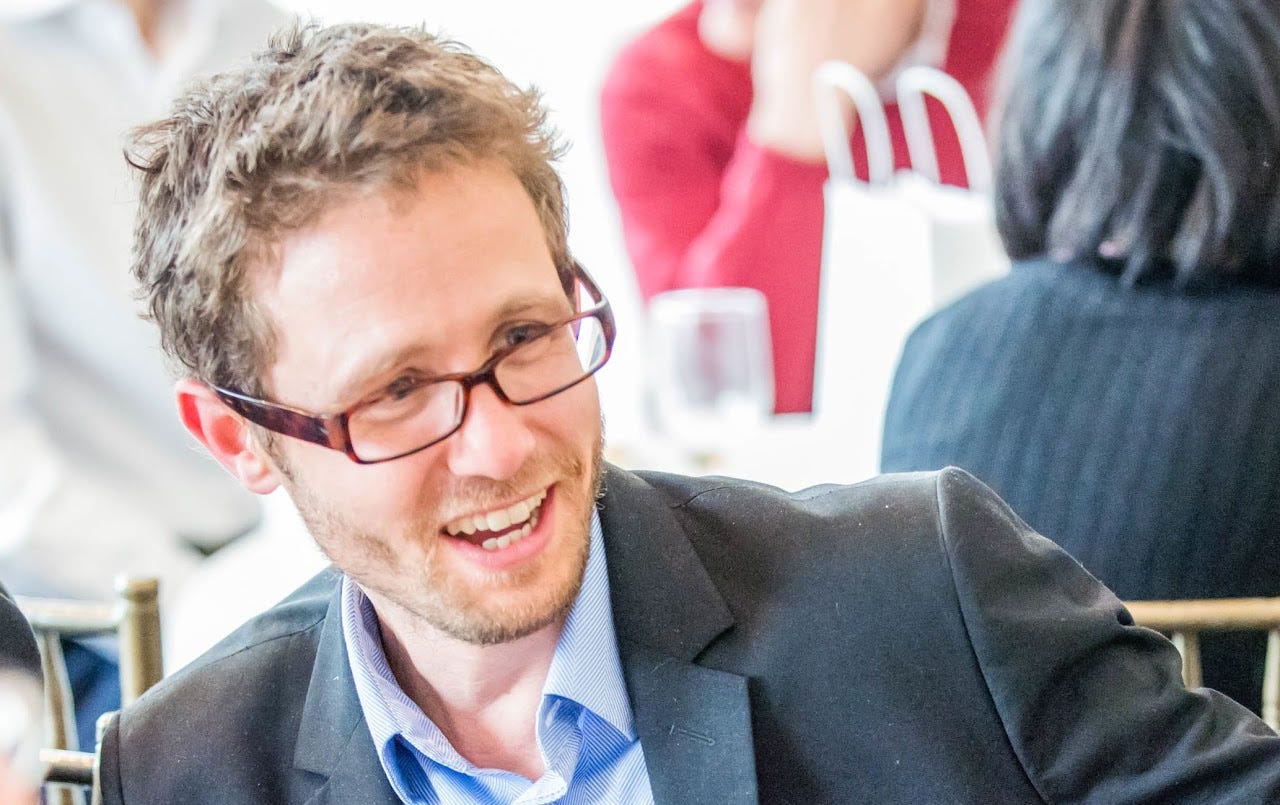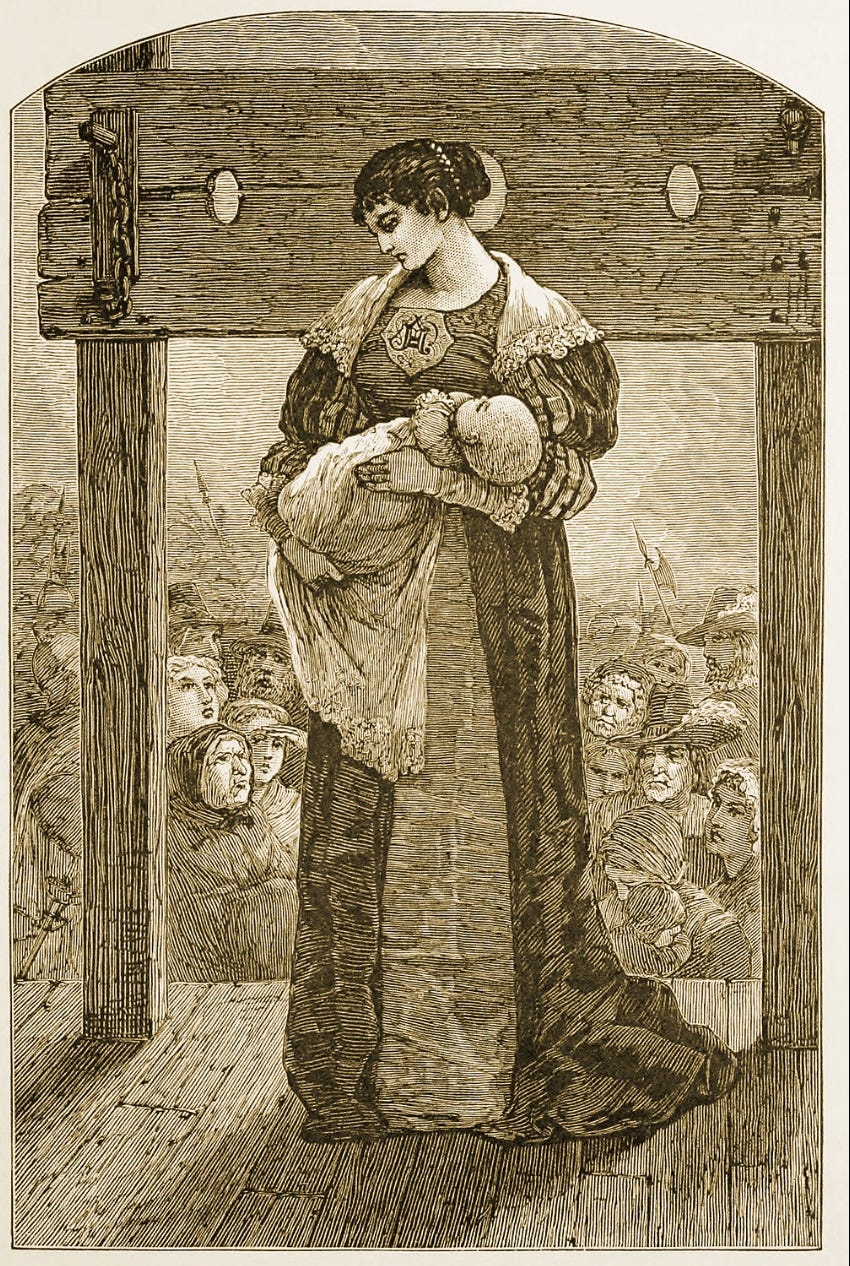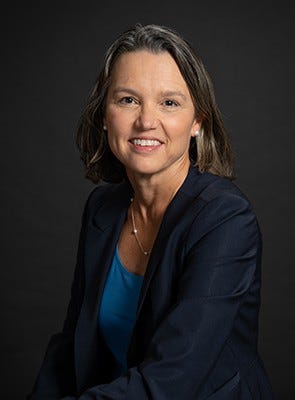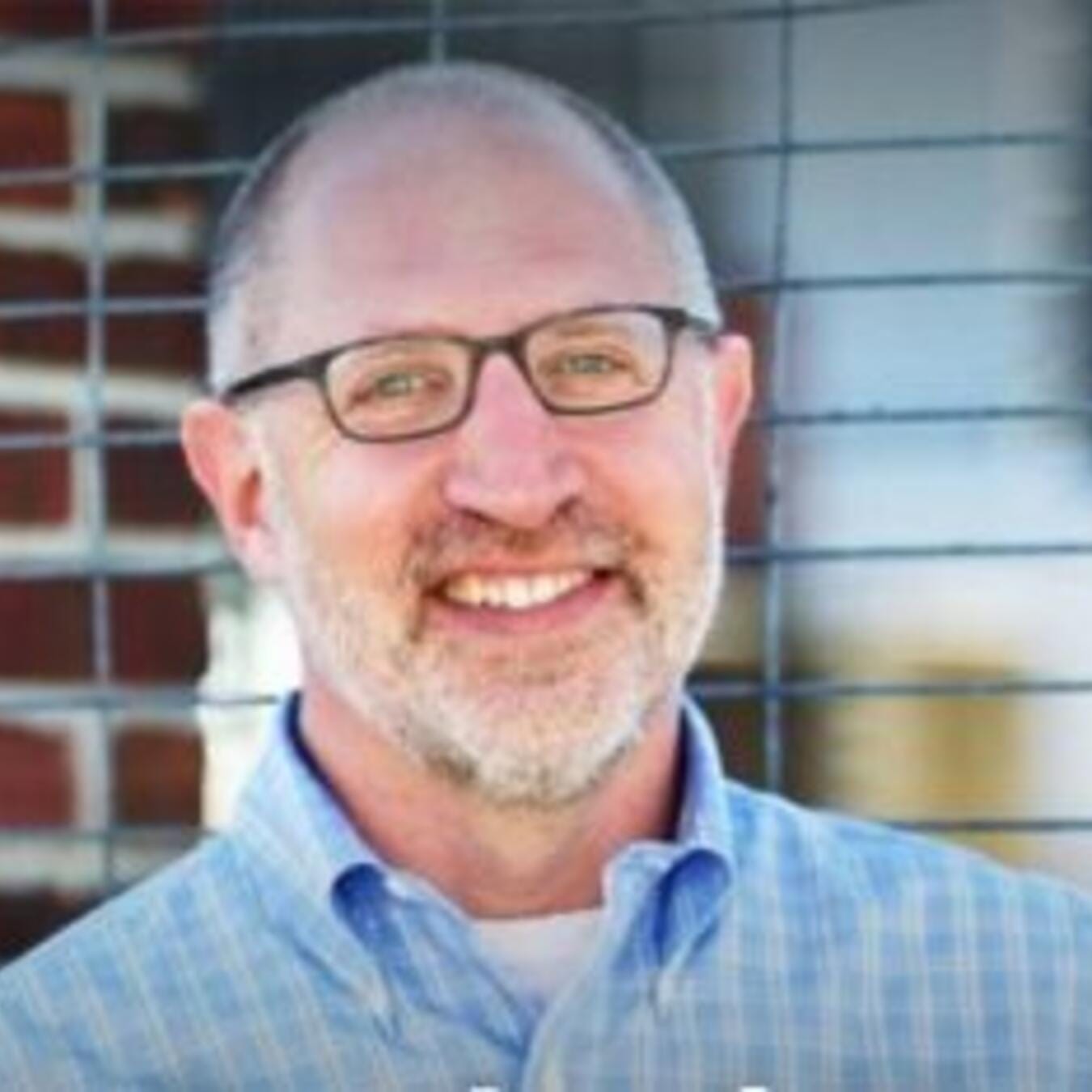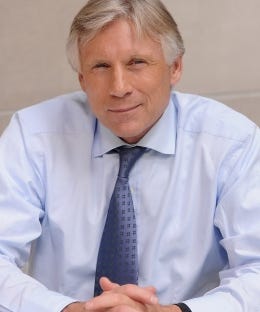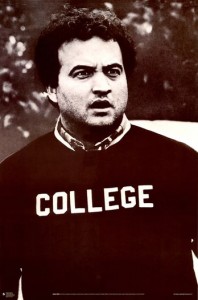If they’re going to change the world, universities need to do more
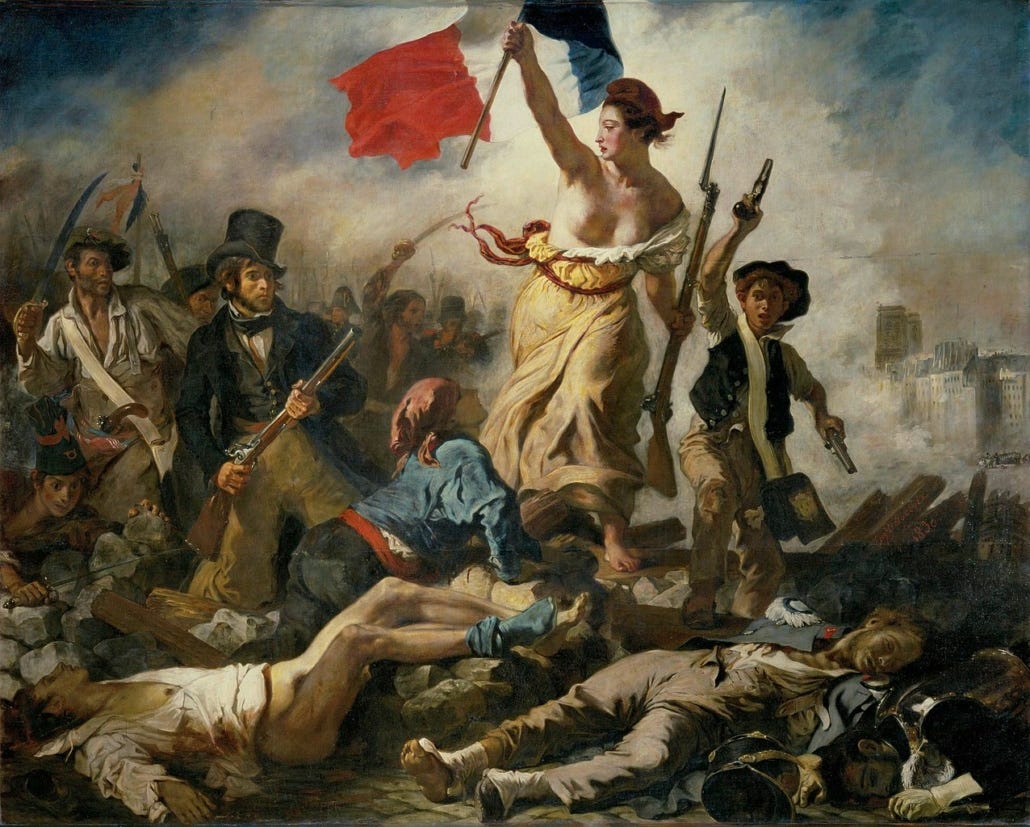
A couple weeks ago, New York Times columnist David Brooks called for something akin to a revolution.
“It’s time for a comprehensive national civic uprising,” he wrote in a piece headlined “What’s Happening is Not Normal. America Needs an Uprising That Is Not Normal.” He argued: “It’s time for Americans in universities, law, business, nonprofits and the scientific community, and civil servants and beyond to form one coordinated mass movement. Trump is about power. The only way he’s going to be stopped is if he’s confronted by some movement that possesses rival power.”
Are we beginning to see the rise of such a rival power or, more properly, rival powers? Glimmers are emerging in some universities that are uniting to fight federal funding cuts and other actions President Donald J. Trump has taken to shatter what he sees as “woke” culture.
But, so far, the efforts seem oddly timid. Either university administrators fear being too out front in hopes they can avoid Trump’s vindictiveness or they think — mistakenly — that they can weather the gathering storm.
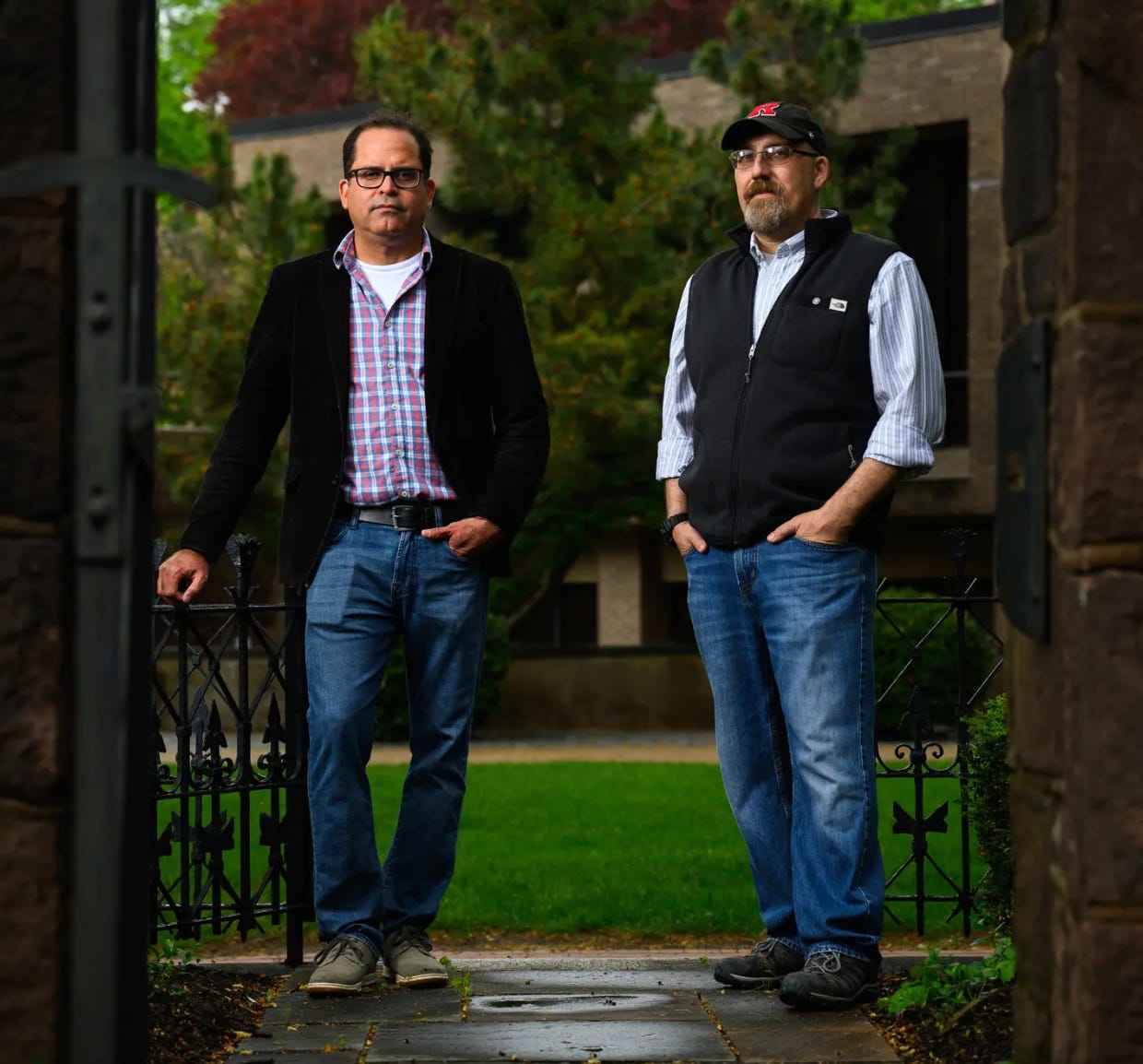
Showing less fear, a pair of Rutgers professors — chemist David Salas-de la Cruz and psychologist Paul Boxer — in March drafted a “mutual defense compact.” They proposed bringing together the 18 schools in the Big Ten athletic and academic conference in resistance to Trump.
This compact would commit the schools to provide “meaningful” cash for a defense fund aimed at supporting any member “under direct political or legal infringement.” It would provide legal counsel, governance experts, and public affairs offices “to coordinate a unified and vigorous response” that could include countersuit actions, strategic public communication, amicus briefs and expert testimony, legislative advocacy and coalition-building.
Quickly following suit, faculty senates at more than a dozen of the schools endorsed the idea. Encouragingly, they include those groups at Rutgers, one of my alma maters, and my prior employer, the University of Nebraska-Lincoln.
The resolution passed at Rutgers called on the university’s president, Jonathan Holloway, to “take a leading role in convening a summit of Big Ten academic and legal leadership” to start the compact.
But Holloway has demurred. While he supported the “ethos” of the resolution, he did not formally endorse it, noting that he is stepping down at the end of the academic year, according to The Chronicle of Higher Education. “I’m a president walking out the door in two months,” he said in a senate meeting. “Presidents going out the door have no lobbying power with their peers.”
Instead, Holloway encouraged faculty senators to “work with their colleagues in other university senates and shared-governance councils, whether in the Big Ten or beyond, to further test their thinking, understand what may or may not be possible, and identify the local constraints and freedoms that define the actions of peer institutions,” according to a spokeswoman.
Mealy-mouthed? PR-speak for “no way can we do this”?
Already, a spokesman for Ohio State told The Washington Post that “it is not legally permissible for the university to participate in a common defense fund.” Other administrators have not taken up the idea publicly, including representatives for leaders at Indiana and Nebraska who did not respond The Chronicle’s request for comment.
Perhaps it’s no wonder that the top university officials may hope a duck-and-cover strategy will serve them better. But that is likely only because they haven’t yet had to fight, as Harvard has. Recall that Harvard has brought suit against the administration for freezing billions in federal grants.

Some Harvard professors have even pledged to donate 10 percent of their salaries this year to support the university’s fight. “If we as a faculty are asking the University administration to resist the Trump administration’s attacks on academic freedom, we should also be willing to share in the financial sacrifice that will be necessary,” Harvard Kennedy School professor Dani Rodrik told The Harvard Crimson.
So far, all but one of the Big Ten schools have been spared the sort of attacks Trump had lobbed at Ivy League schools. The exception, Northwestern, lost $790 million.
But Trump’s wrath – and his social engineering – may be unavoidable. Nine of the Big Ten schools have gotten a letter from the Education Department’s Office for Civil Rights warning of “potential enforcement actions” if they failed “to protect Jewish students on campus, including uninterrupted access to campus facilities and educational opportunities,” according to The Post.
Of course, the claim of fighting antisemitism is little more than a ruse, an excuse to undertake a far-reaching remake of higher education. Yes, antisemitism is a real issue — especially at Harvard and my other alma mater, Columbia — and needs to be rooted out. But, for Trump, it’s just a pretext.
As for other schools that have stayed clear of the president’s broad-gauge volleys, it is just a matter of time before they are hauled into the fight, like it or not.
Take note that the hit list of Project 2025 – the right-wing blueprint that Trump is following, despite disavowing it during the campaign – has a hefty array of education targets.
The agenda includes so-far incomplete measures such as capping support for indirect research at universities, authorizing states to act as accreditors or setting up alternatives to current accrediting bodies, terminating the public service loan forgiveness program, banning critical race theory and eliminating PLUS loans, among other things. Here is a handy tracker on how the Project’s efforts are proceeding.
As Ms. reports, only one-third of the Project’s efforts have been completed, so much more remains for the balance of Trump’s term.
And perish the thought that any shreds of diversity efforts could remain unscathed on campus. Schools could be prosecuted on civil rights grounds for that, including programming aimed at putting first-generation students on the same footing as others. The administration is investigating at least 45 schools in an effort to end “racial preferences and stereotypes.”
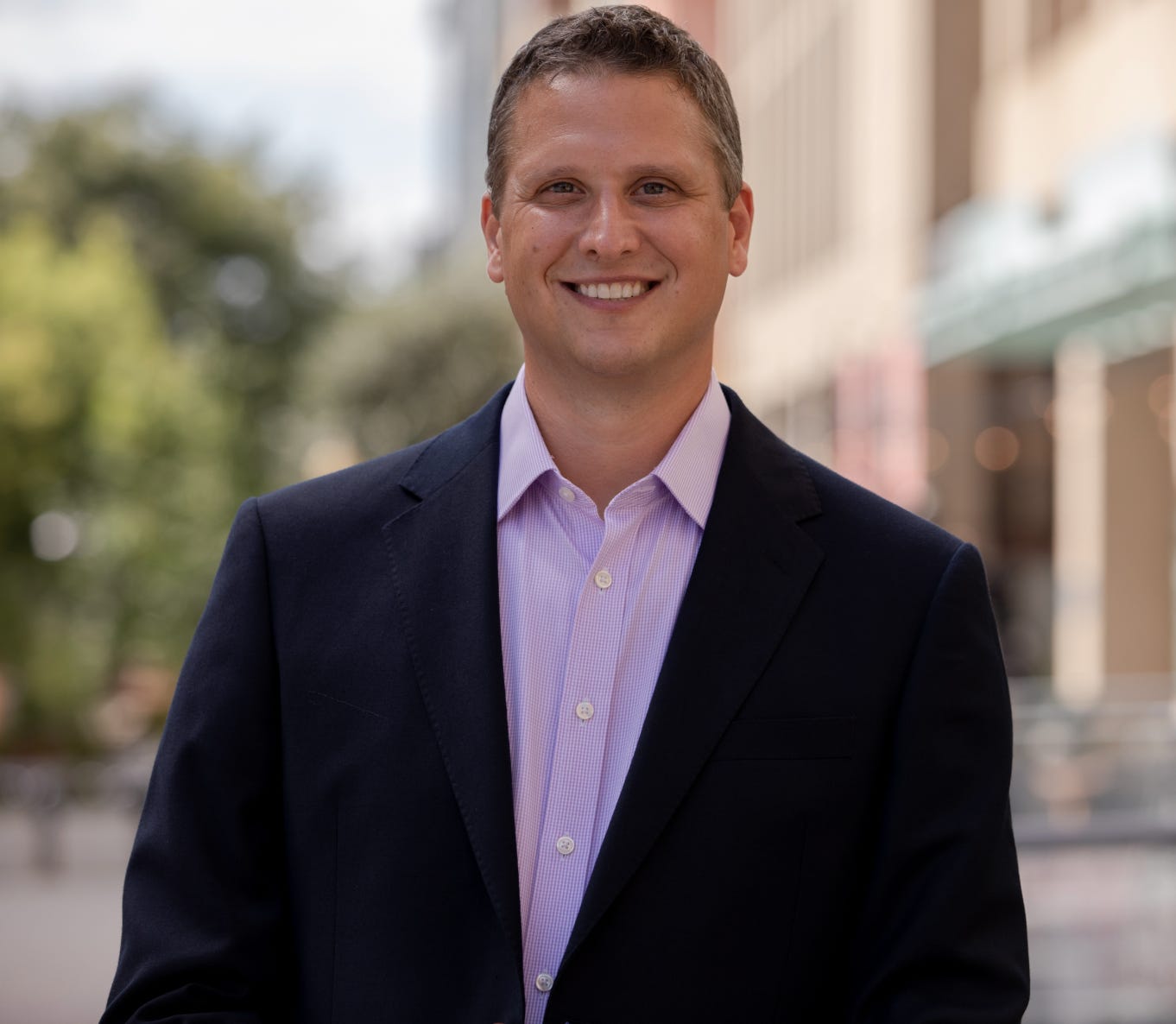
“Big Ten institutions haven’t been in the crosshairs, but they can read the writing on the wall,” Jonathan Fansmith, senior vice president for the American Council on Education, told The Post. For many college presidents he represents, the prevailing thought now is: “Trying to keep a low profile won’t stop the attacks.”
Yet he said he also suspects they would be wary to sign on to the compact without knowing exactly what it would require.
Only administrators, not faculty senates, can commit their institutions to the united front.
The Rutgers university senate supported the Big Ten compact with its vote on March 28. Organizers there plan a teach-in next week and May Day protests in support of the compact, journalism professor Todd Wolfson told The Washington Post. He expects a protracted fight with administrators over the summer.
“We have had to lead and they have followed us,” Wolfson said. “Now we will demand they actually put resources into defending our campuses.”
Wolfson also serves as president of the American Association of University Professors. The AAUP is a union with chapters at more than 500 schools, including several in the Big Ten. It was among the first groups to sue the Trump administration over federal cuts to higher education funding.
Separately, about 10 Ivies and elite schools have put together what The Wall Street Journal called a private collective to fight deep cuts already mandated against them.
Perhaps because their schools already are being scorched by Trump, individual trustees and presidents are involved in the collective. The newspaper reported that participants have discussed red lines they won’t cross in negotiations with the White House. One such red line, for instance, is relinquishing academic independence, including autonomy over admissions, hiring, and what they teach and how it is taught.
The group has gamed out how to respond to demands presented by the Trump administration, which has frozen or canceled billions in research funding at schools it says haven’t effectively combated antisemitism on their campuses.
So far, Trump’s minions have been successful in picking off universities and law firms by attacking them one by one. So it’s not surprising that they are fretting about unification efforts, according to a source cited by the Journal. Within the past two months, the task force warned the leadership of at least one school not to cooperate with other schools to defend against the task force demands, one source told the paper.
Additionally, the American Association of Colleges and Universities has come out with a statement condemning what it called “unprecedented government overreach and political interference now endangering American colleges and universities.” The petition was signed by more than 500 higher-education leaders nationwide.
“We speak with one voice against the unprecedented government overreach and political interference now endangering American higher education,” the statement said.
Speaking, of course, isn’t enough. As Harvard has done, taking the fights to court – the last redoubt, given the supine Congress – will be essential.
Brooks’s “uprising” has a long way to go, but Trump is certain to give timid administrators plenty of reason to man the barricades.

